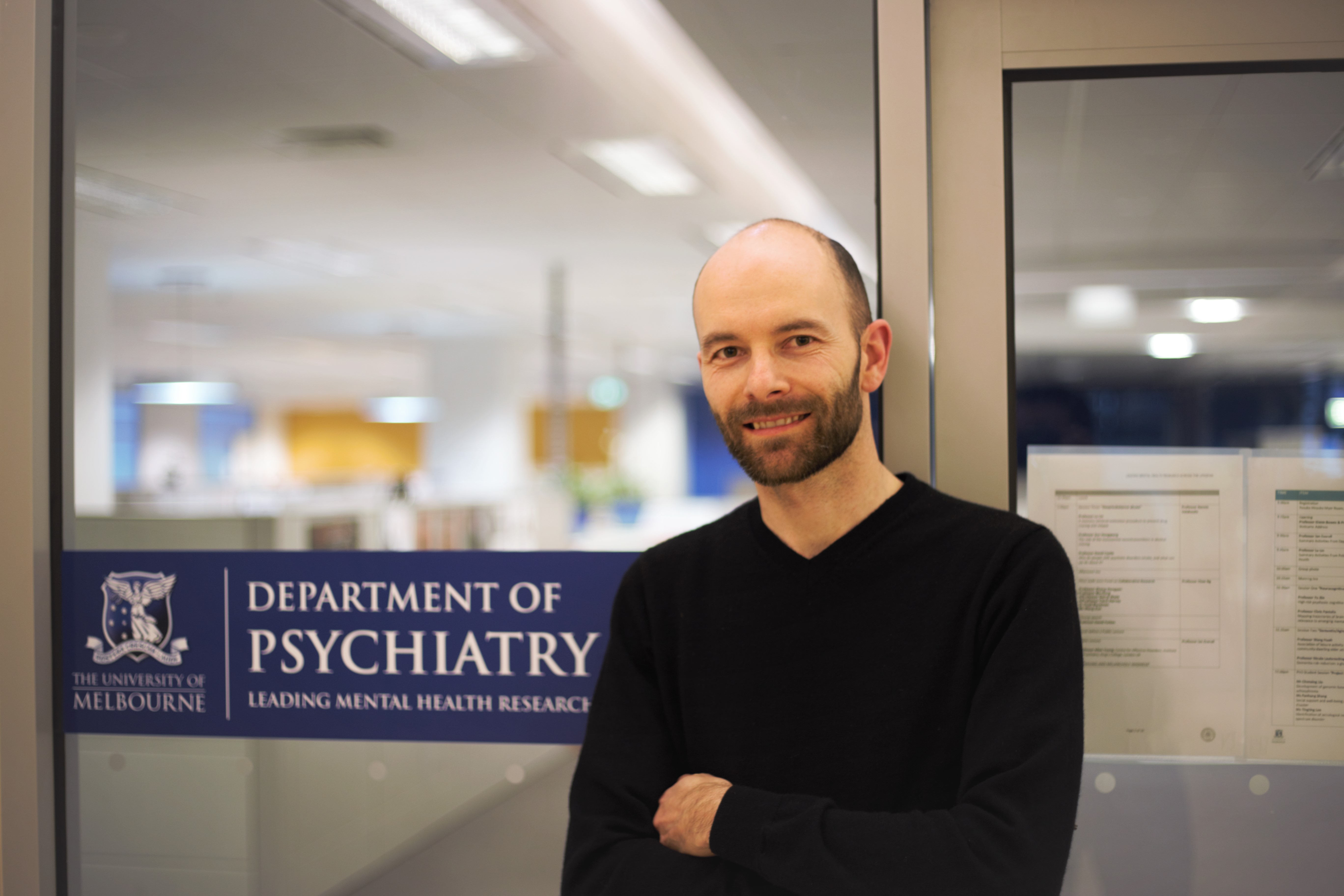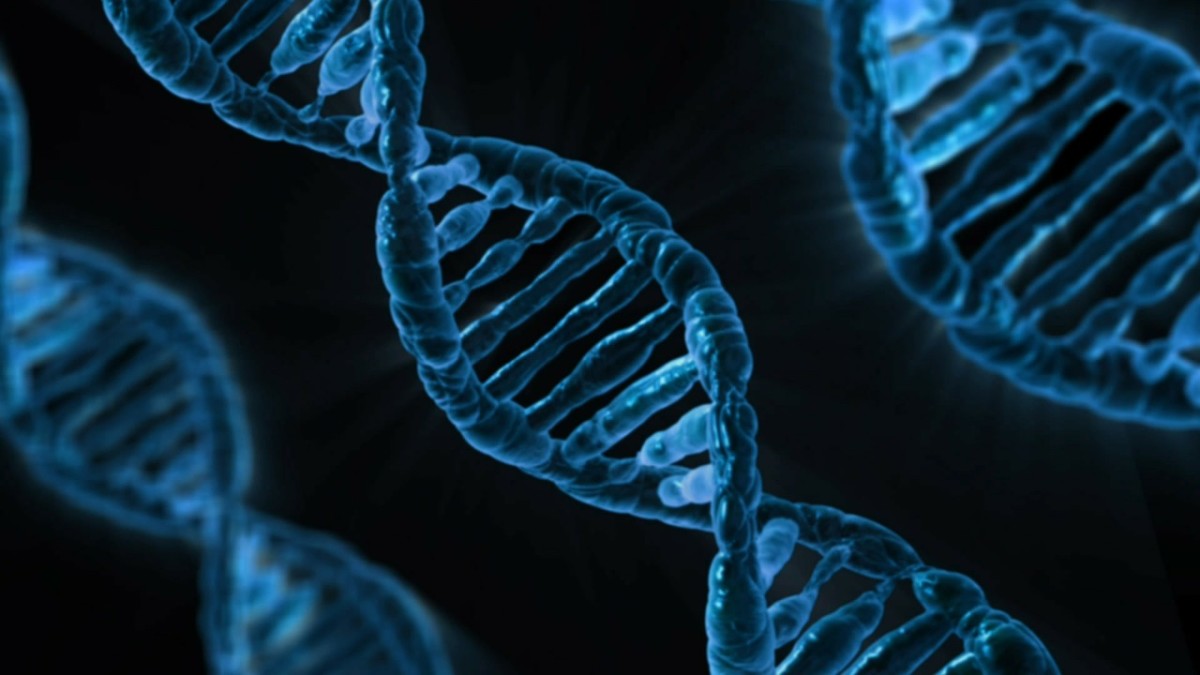The silver-lining gene that could help depression

Psychiatrists crack the code that can make the bad times worse - and the good times better
Published 24 September 2015
Are you a sensitive soul who takes things to heart but tends to flourish during the good times?
New research from the the University of Melbourne’s Department of Psychiatry suggests you might possess a gene which makes you feel things more deeply.
The study shows some people who suffer ongoing depression also have the potential to be happier than most and it all depends on their genetics and their circumstances.
Research Fellow Dr Chad Bousman began studying this gene to answer the question of why only some adults who suffered an abusive childhood develop long-term depression.
He said they recruited people with a history of sexual or physical abuse in childhood because it is one of the most severe psychological events a person can experience.
“Child abuse occurs during a phase we call neurodevelopment, that time in a person’s development when the brain is making a lot of new connections. Such a terrible thing can disrupt this stage,” he said.
“But despite this, we know that not everyone who has been a victim of child abuse has depression in adulthood.
There has to be a reason why some people have a terrible childhood but are relatively unaffected by it.
Dr Bousman and his team found the answer. People who draw the evolutionary wildcard of a certain type gene are more deeply affected by their life experiences. But swap the traumatic childhood for a good one, and these same people tend to be happier than the rest of us.

The research, published in British Journal of Psychiatry Open, focussed on the SERT gene, which transports the mood-regulating chemical, serotonin. Every person has one of three types of SERT gene, either the long-long (l/l), the short-long (s/l), or the short-short (s/s).
The researchers DNA tested 333 middle-aged Victorians of Northern and Western European heritage and recorded their depressive symptoms over five years.
The one in four with the s/s genotype who had experienced sexual or physical abuse as a child were more likely to report ongoing severe depressive symptoms in middle age.
But, those gene-carriers with no history of abuse were generally much happier than the rest of the people in the study, regardless of gene type.
The discovery could prove useful to medical practitioners, because its presence could signal a person’s susceptibility to depression, particularly if they have a history of child abuse. And it may help identify those patients who need extra assistance to recover from depression.
Dr Bousman said this could offer hope to people who experience ongoing clinical depression.
“You can’t change your genotype or go back and change your childhood, but you can take steps to make your current environment a more positive one,” he said.
This study really challenges conventional thinking about psychiatry.
“It’s not as clear-cut as telling a person that because they have a risk gene, they’re doomed. This research is showing that’s not the case at all.
“Now we know that what may be considered a risk gene in one context, may actually be beneficial in another. So this directly opposes the notion of genetic determinism, the idea that your genes define your fate.

“From an evolutionary perspective, the existence of a ‘risk’ genotype doesn’t make any sense.
“If the gene was only conducive to depression, it wouldn’t have remained in the gene pool. It has to have some benefit to still exist in the population today.”
Dr Bousman adds that while you can’t get routinely tested for the s/s gene yet, occasionally people with severe depression can be tested to help their treating physician decide the most suitable course of medication.
The University of Melbourne researchers are now exploring ways to identify people who are most sensitive to life experiences by examining multiple genes at the same time.
